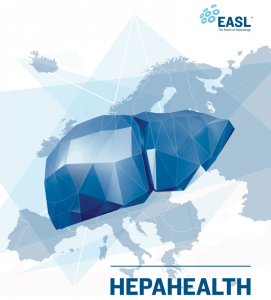
HepaHealth II: Preventing liver disease with policy measures to tackle alcohol consumption and obesity
Chronic liver disease (CLD) causes 1.8% of all deaths in Europe. Without policies to mitigate harmful alcohol consumption and obesity, that proportion will continue to increase. This major study, commissioned by EASL and supported by an unrestricted education grant from Bristol-Myers Squibb and Gilead, was carried out over the past 3 years and estimates the impact of policy interventions targeting alcohol and obesity on the incidence of CLD and primary liver cancer in France, the Netherlands, and Romania. The project builds on our previous work published in 2018.
Our peer-reviewed microsimulation model was employed to project trends in alcohol consumption and body mass index (BMI) from 2022 to 2030. We modelled the incidence of CLD and liver cancer under three policy scenarios versus an inaction scenario. All policies had an important impact ranging from a 2% to 7% reduction in annual incidence of CLD and liver cancer by 2030. The most effective scenarios are an increased Minimum Unit Pricing (MUP) of €1 on alcohol or introducing a set of complementary public health policies targeting an increased MUP, a sugar sweetened beverage (SSB) tax, and a volumetric tax that target both alcohol consumption and obesity.
View the poster presented at the EASL Congress in Vienna (June 2023)
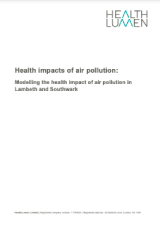
Health impacts of air pollution: Modelling the health impact of air pollution in Lambeth and Southwark
Air pollution has an adverse effect on people’s health, both in the long- and short-term. The Guy’s and St Thomas’ Charity commissioned HealthLumen to undertake a project to quantify the impact of air pollution on the health of the populations of the London boroughs of Lambeth and Southwark. In these areas, the majority of air pollution comes from road traffic, but also from heating and construction emissions. A number of policies have been put in place London-wide to reduce air pollution emissions and therefore prevent related impacts (for example ULEZ and BreatheLondon), as well as locally in Lambeth and Southwark. The findings of this study build on the existing body of knowledge on this topic by quantifying the impact of specific scenarios on air-pollution related health burden.
The key conclusions are that borough-specific and pan-London actions are required alongside local and national legislation and policy if larger health benefits and cost savings are to be made. It is clear that measures to maintain levels of NO2 emissions found during the COVID-19 lockdown and to meet the WHO levels for PM2.5 would have significant health and cost benefits for both Lambeth and Southwark.
View blog post

Making Conversations Count for All: Benefits of improving delivery of smoking cessation interventions for different socioeconomic groups.
This study builds on the previous 2020 report by looking at the impact of improving the delivery of three advice-based interventions on different socioeconomic groups, compared with current policy, between 2019-2039. By focusing on socioeconomic status, this study explores one component of deprivation to assess the impact of improving the delivery of these interventions on smoking related health inequalities and associated economic costs in the UK.
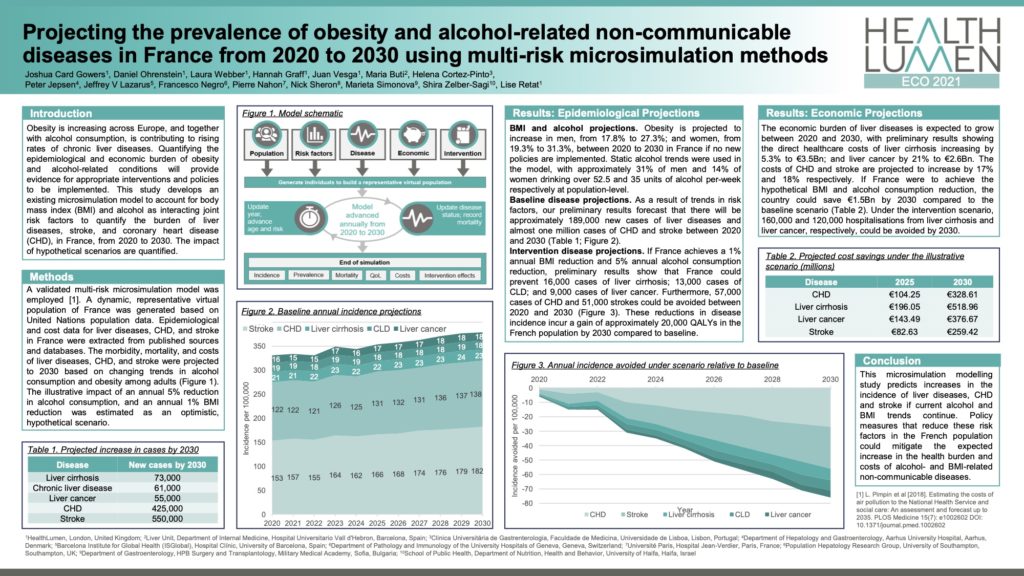
The burden of liver diseases, stroke, and coronary heart disease in France, to 2030
Obesity is increasing across Europe, and together with alcohol consumption, is contributing to rising rates of chronic liver diseases. Quantifying the epidemiological and economic burden of obesity and alcohol-related conditions will provide evidence for appropriate interventions and policies to be implemented. This study develops an existing microsimulation model to account for body mass index(BMI) and alcohol as interacting joint risk factors to quantify the burden of liver diseases, stroke, and coronary heart disease(CHD), in France, from 2020 to 2030. The impact of hypothetical scenarios are quantified.
View overview video
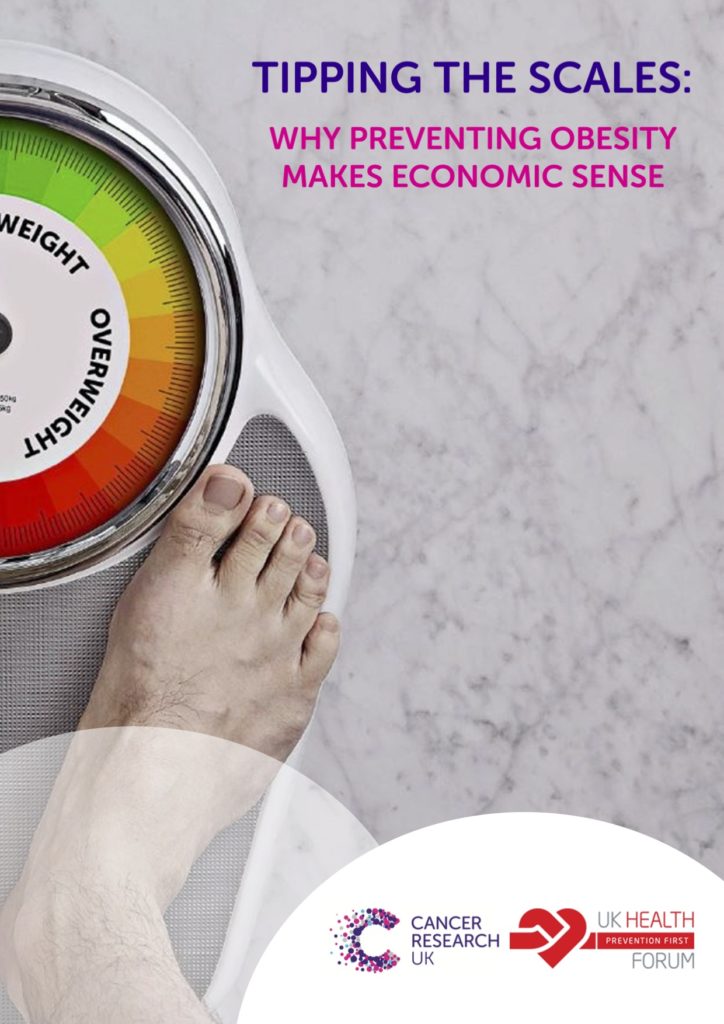
Tipping the scales: Why preventing obesity makes economic sense
Together with Cancer Research UK, we produced a report which looked at the health and economic impact of ever-increasing overweight and obesity rates in the UK. We showed that even a small reduction in obesity prevalence could offset the significant health and economic cost of doing nothing.
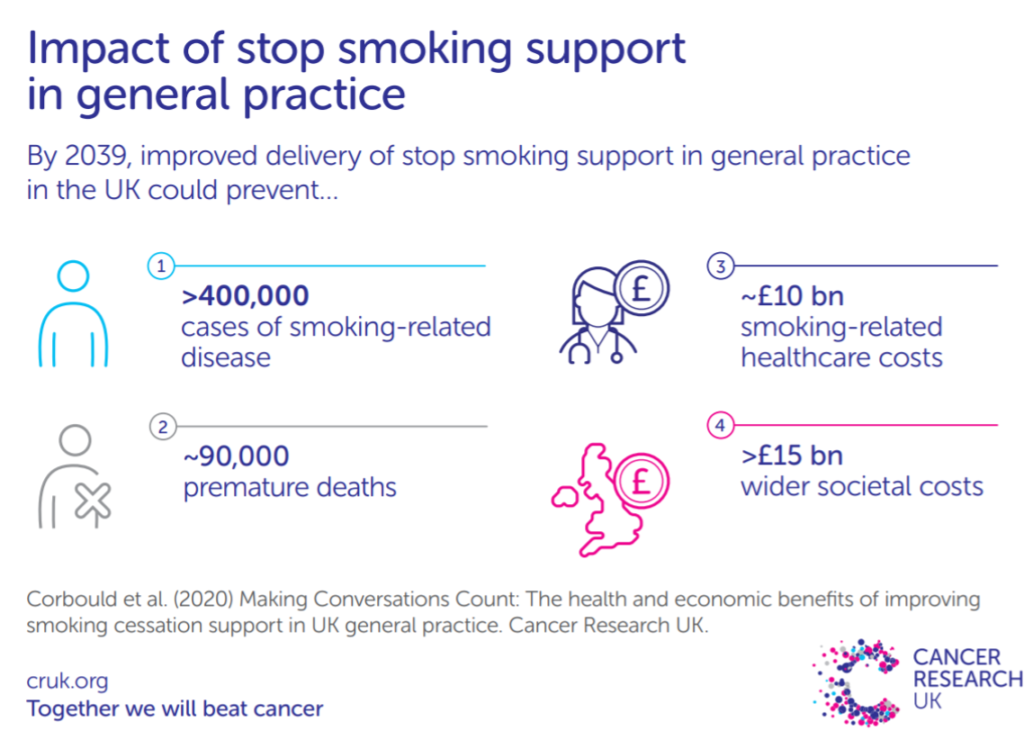
Making Conversations Count: The health and economic benefits of improving smoking cessation support
This study conducted with Cancer Research UK aimed to quantify the health and economic benefits of GPs routinely delivering stop smoking support to patients during consultations in the UK. Using a microsimulation model over the period 2019 to 2039, a current practice 'baseline' scenario was compared to three opt-out smoking cessation intervention scenarios.
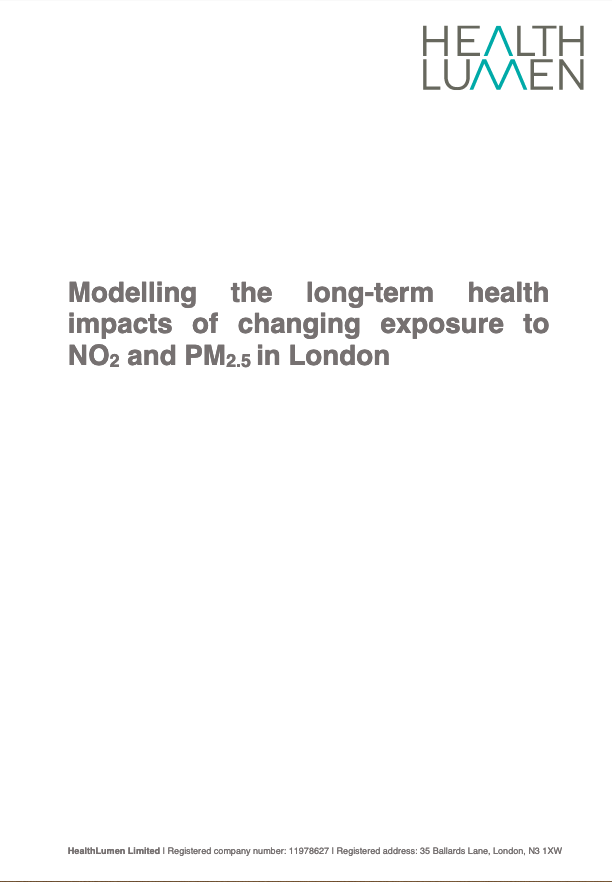
The long-term health impacts of changing exposure to air pollutants in London
Transport for London (TfL) and the Greater London Authority (GLA) commissioned HealthLumen to quantify the health impacts of policies designed to reduce levels of air pollution and improve long-term health. This 2020 study estimates the number of new cases of disease and the resulting costs to the NHS and social care system under three scenarios from 2016 to 2050. The results from this study show that the ULEZ policies and broader, more all-encompassing LES policies have important impacts on the health of Londoners.
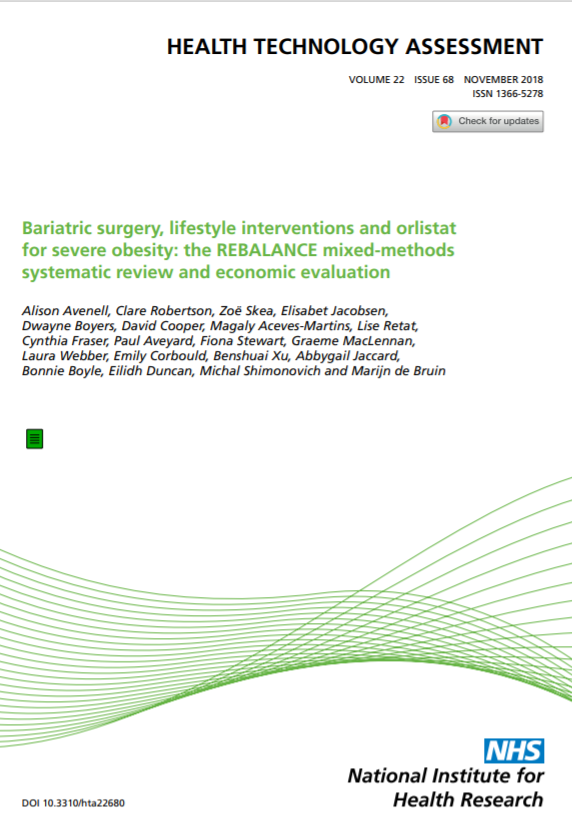
REBALANCE: Mixed-methods systematic review and economic evaluation for severe obesity
A study to systematically review bariatric surgery, weight-management programmes (WMPs) and orlistat pharmacotherapy for adults with severe obesity, and evaluate the feasibility, acceptability, clinical effectiveness and cost-effectiveness of treatment.
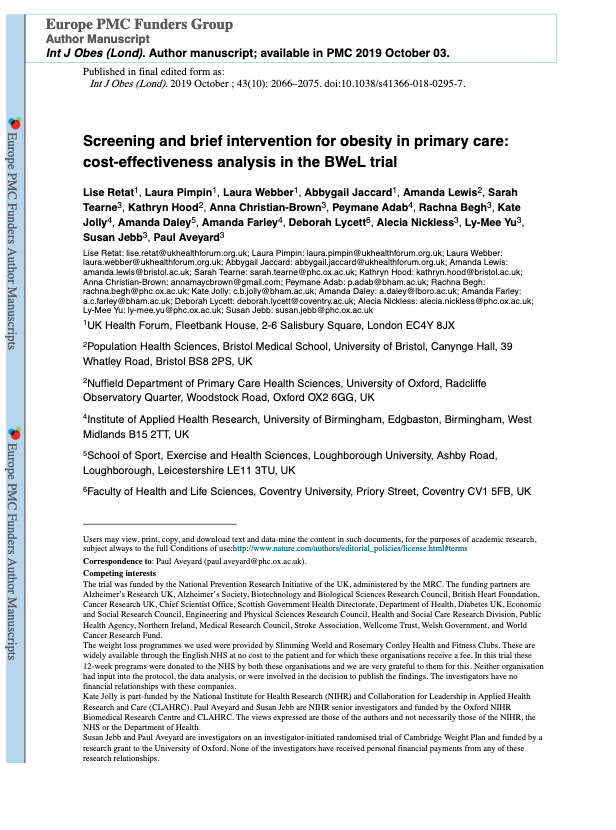
Obesity in primary care: Screening and brief intervention
The Brief Intervention for Weight Loss Trial enrolled consecutively attending primary care patients who were obese and participants were randomised to physicians opportunistically endorsing, offering, and facilitating a referral to a weight loss programme (support) or recommending weight loss (advice). We use a cohort simulation to predict effects on disease incidence, quality of life, and healthcare costs over 20 years.
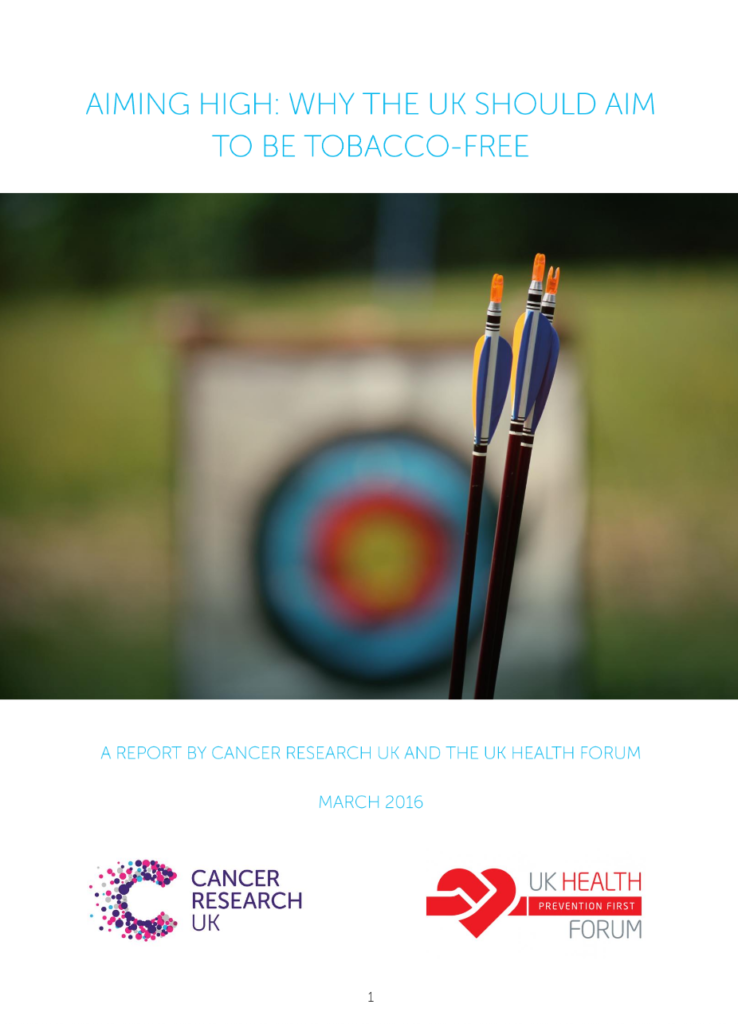
Aiming High: Why the UK should aim to be tobacco-free
Smoking is still the biggest preventable cause of cancer in the UK, and the biggest cause of premature mortality and health inequalities. This study used a state of the art simulation model to measure dynamic changes in smoking prevalence in the UK over time by age, gender, sex and socio-economic status.